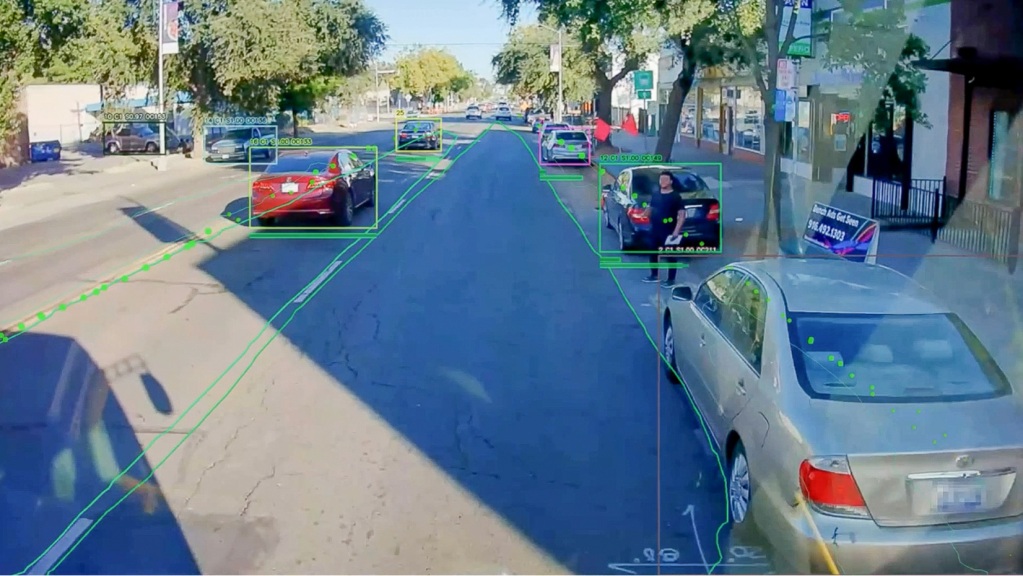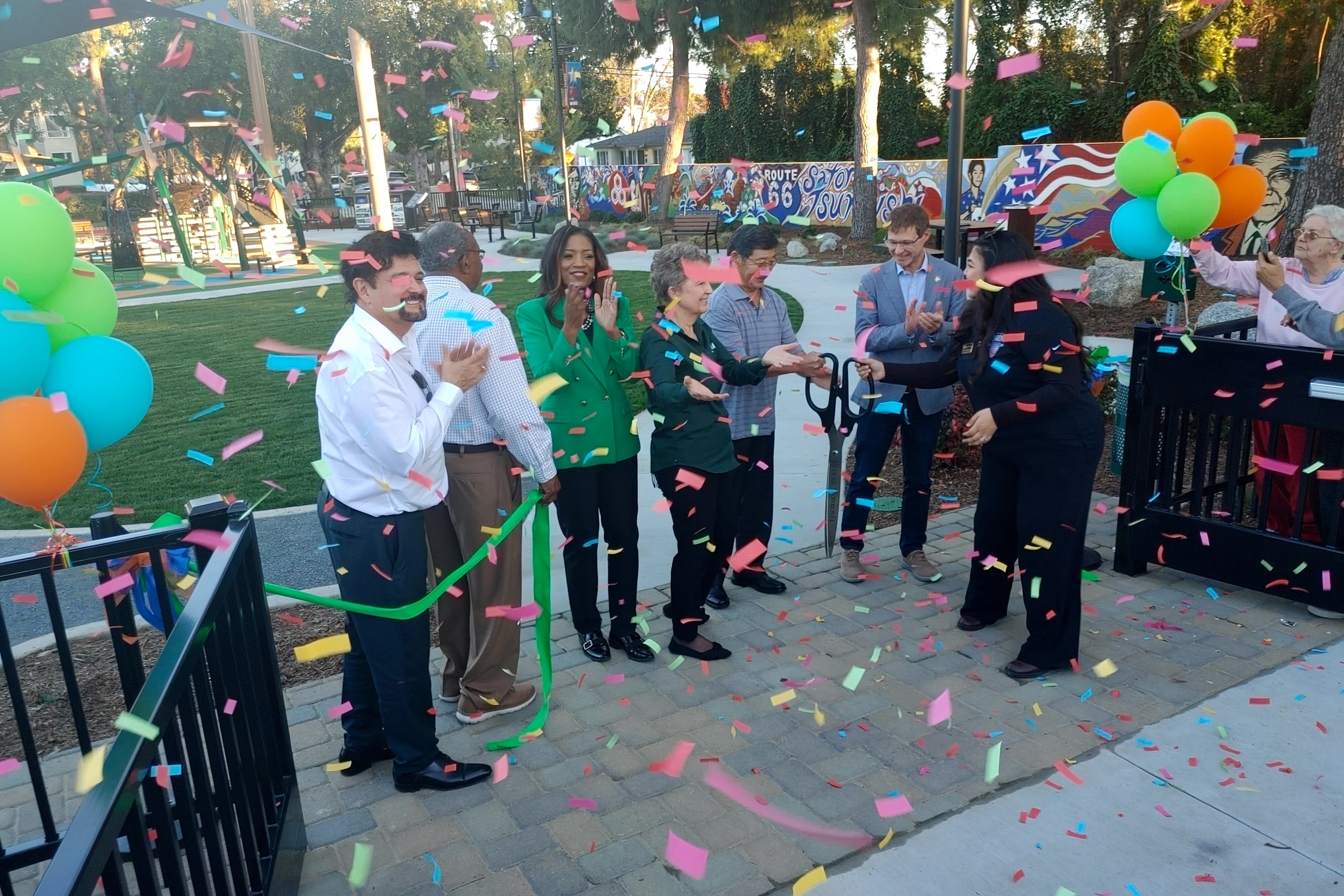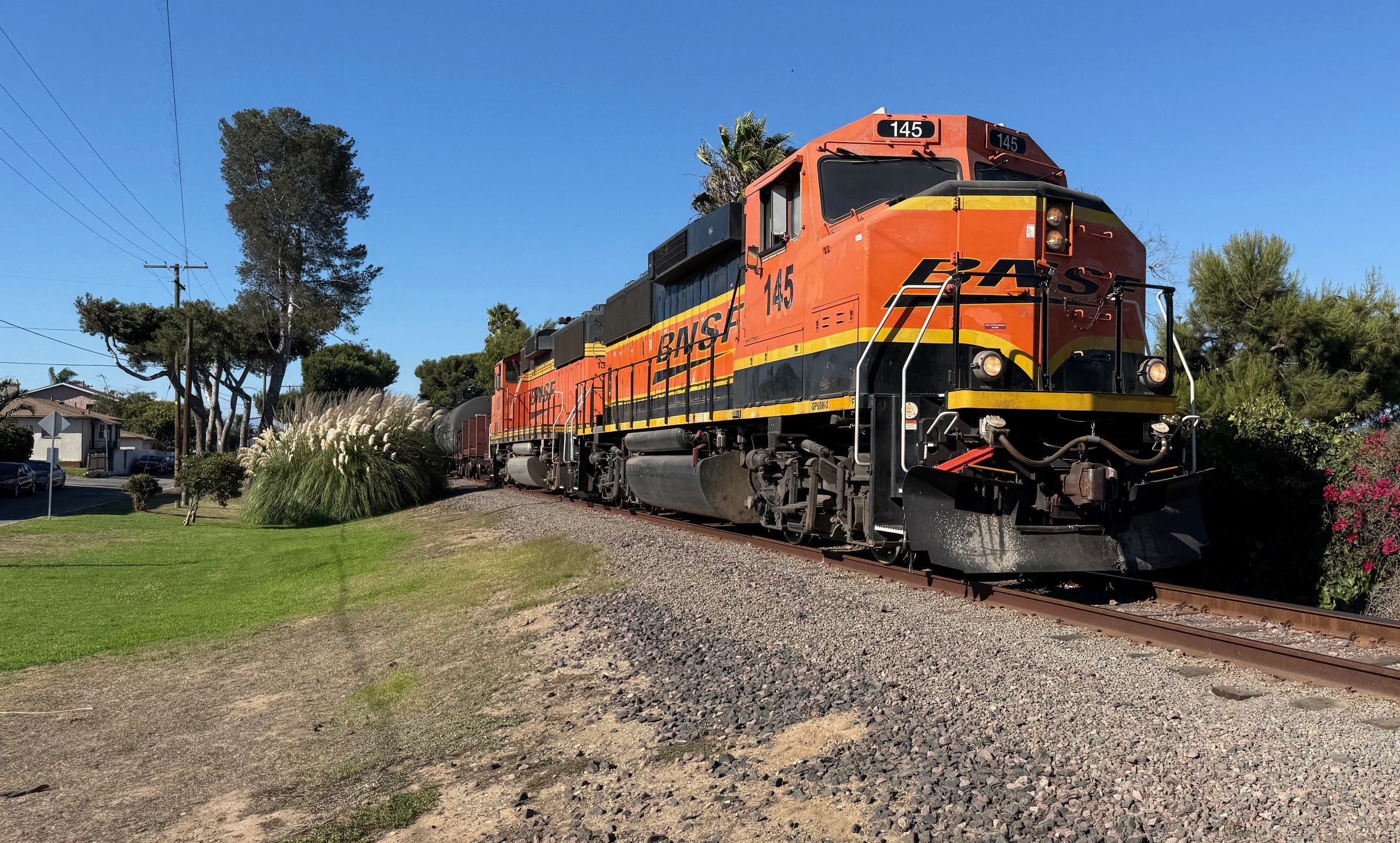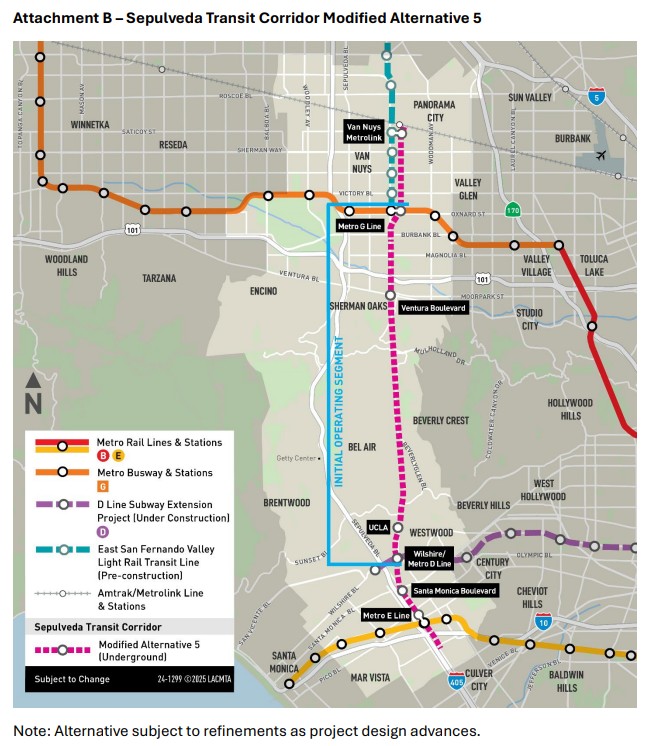 When I lived in East Rutherford, NJ, I learned firsthand how NFL car traffic can change a weekend. Photo: Steve Trapani/Flickr
When I lived in East Rutherford, NJ, I learned firsthand how NFL car traffic can change a weekend. Photo: Steve Trapani/FlickrEarlier this week, the State Senate joined the Assembly in passing legislation exempting the 75,000 seat planned "NFL" Stadium in the City of Industry from having to undergo a CEQA environmental review before construction can begin. Press reports on the politics surrounding the exemption were extremely even-handed to the point of obscuring some of the issues that created the controversy and fueled the anger of the surrounding communities. Because Governor Schwarzenegger still has to approve the exemption, there's still some value in reviewing the history of the project and the politics that surround it.
Because it's not enough to just discuss the politics, as soon as I can find a copy of the traffic and transportation element of the environmental review that has occurred, Streetsblog will provide analysis of the work that has been done.
In 2004 Billionaire Ed Roski submitted an EIR to construct a retail and entertainment
complex on the proposed 600-acre site that would be the site of the Stadium. The EIR was approved by the City Council for the City of Industry, population 800. In 2008, Roski proposed an NFL stadium for the site, and needed
to prepare a supplemental environmental impact report. That report was certified by the Council in February of this year. The City of Walnut immediately sued saying that they were unable to receive a copy of the EIR until 18 hours before the deadline. That lawsuit was settled for $9 million in traffic and environmental improvements in the city.
However, a second lawsuit was filed by eight Citizens of Walnut calling themselves Citizens for Community Preservation Inc.(CCPI) It was the threat of this lawsuit that "forced" the Senate and Assembly to grant a CEQA exemption for the Stadium, the first time the legislature has stepped in to resolve a legal matter in a CEQA lawsuit, opening the door for other rich developers to lobby their way out of compliance with environmental reviews.
The process that has brought us here has been a convoluted one, and hardly an example of great government.
First, the only body that will clear the environmental documents will be the City Council for the City of Industry. Thanks to the legislature's help in giving Roski an end run around state law, a city with the population of 800 was the only body needed to certify the documents that will effect millions of people and will create an untold amount of pollution caused by people driving to the game. Of course, because the environmental documents for the stadium are only a supplement to an EIR for a different project, the public hasn't even gotten a full local environmental review for the stadium.
Second, the reconcilement process between CCPI and Roski's Majestic Realty Co. were poisoned from the start. Senate President Pro Tem Darrell Steinberg is portrayed as a hero of compromise in most press accounts of the issue for not holding a vote on the exemption immediately and working with Majestic and CCPI to reach a compromise. Steinberg has already taken credit for the $9 million payout to Walnut to resolve their case.
Of course, that Steinberg publicly stated that the Senate would pass the legislation if compromise couldn't be reached made the odds of such a compromise nigh impossible. Think about it, would you bother compromising away millions of dollars if you knew that if you waited long enough the legislature would give you everything you wanted?
Third, the legislators don't seem to get that their injecting themselves into a lawsuit is an awful precedence even if their cause is just. Curbed has the full statement by Senator Tempore Isadore Hall, III (D- Compton) after the vote that declares that they are "ready for some football," and contains this gem.
Exploiting a last minute legal maneuver, a group of eight residentssued stadium proponents and sought over $800 million in additionalmitigation measures. Without the legislature relief in ABxxx 81, stadium proponents will continue to be bogged down by this frivolous lawsuit and will not be able to compete for an NFL team in early 2010.
Traditionally, it's a judge that decides what lawsuits are frivolous and which ones aren't. I wonder what Hall's reasoning will be when other developers find environmental laws to tedious to be bothered with?
Another amazing quote comes from Senator Gloria Romero, last seen on Streetsblog complaining about congestion pricing and slamming the early efforts to create Measure R.
The vote came after a group of Walnut residentscitizens couldn't reach a settlement on their lawsuit challenging theproject's environmental study."Like in football, at a certain point the clock runs out," said stateSen. Gloria Romero, D-Los Angeles.
Great sports analogy Senator! Of course, I'm unaware of any sports where the offices that create the rules can change the amount of time on the clock during the game, and it certainly isn't a feature of the NFL despite what Patriot fans might lead you to believe, but now I know that if you were commissioner it's something we can look forward to.
Incidentally, if you're curious which of your local legislators are for sale voted for exempting billionaires from state laws, you can find the Senate and Assembly voting records for this legislation here.






